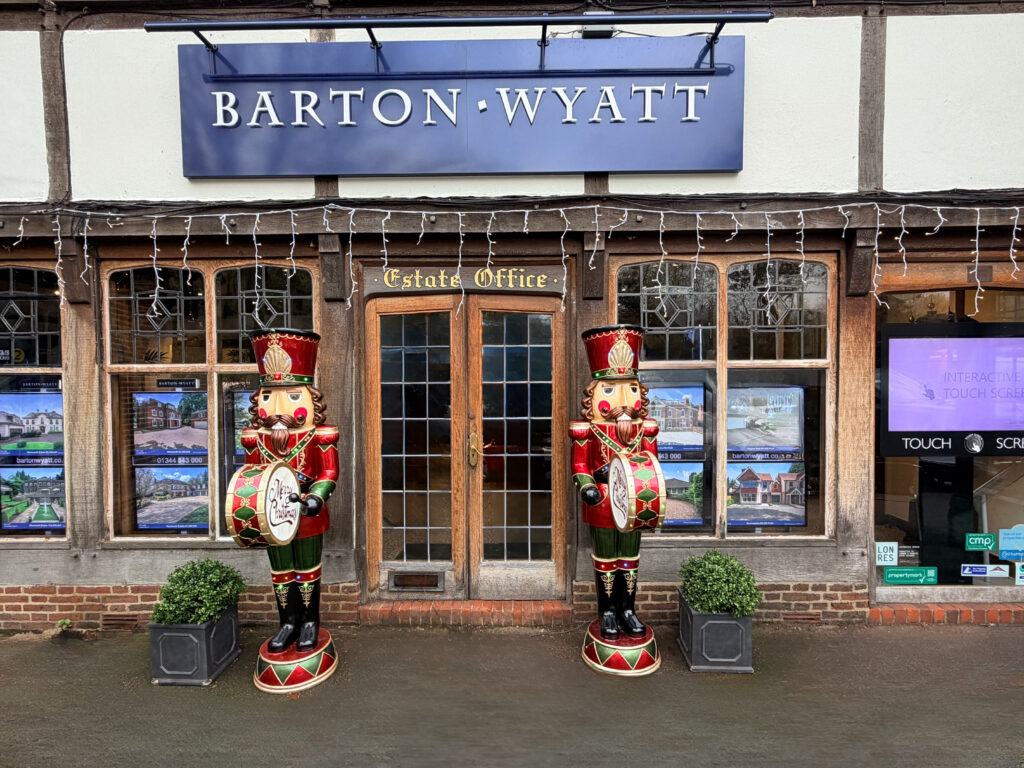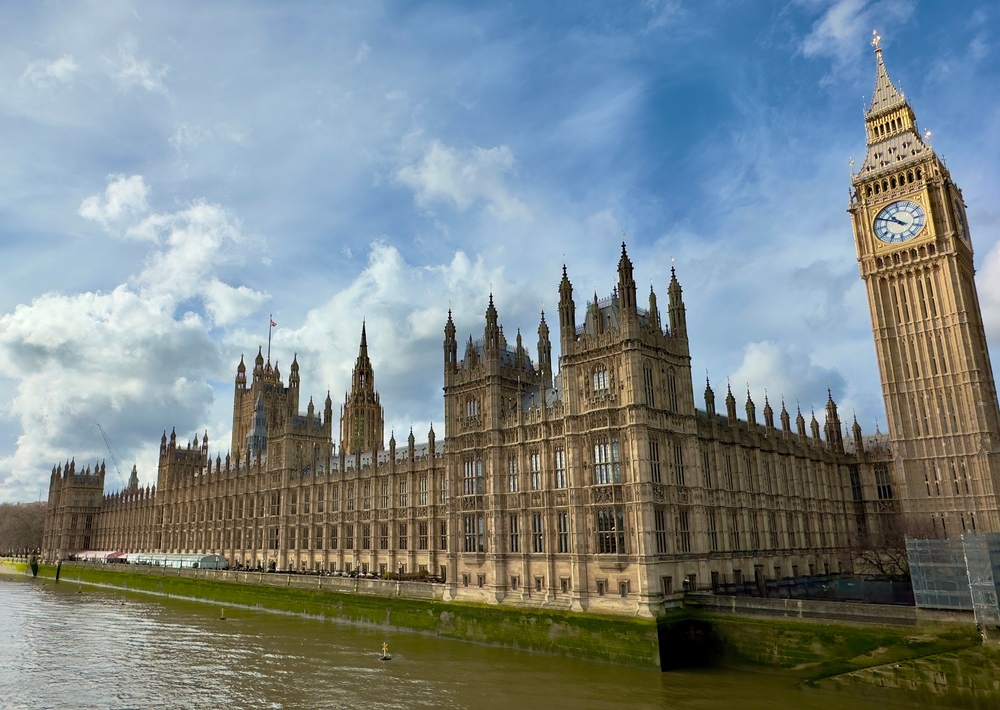From September 11th to 17th, the UK observes a national ‘Gas Safety Week’. For the 13th year now, this period of raising awareness serves as a significant reminder for landlords to give priority to gas safety and adhere to regulations to ensure the safety of tenants and the integrity of their properties.
For landlords in the UK, having a solid understanding of gas safety certificates (CP12) is essential, particularly when letting out properties. These certificates are acquired through gas safety inspections, and they play a vital role in ensuring the safety of tenants and compliance with regulations.
If you’re thinking of moving, renting or buying, and want some home inspiration take some time to browse our properties available in Virginia Water and the surrounding areas. If you have any questions, you can also visit our award-winning website or call us on 01344 843000 and email us.
Keeping your property Gas Safe
A gas safety certificate, commonly referred to as a CP12, is issued to landlords upon the completion of a meticulous gas safety inspection conducted by a registered Gas Safe engineer. This certificate affirms that all gas appliances and systems within the rental property have been thoroughly examined and deemed safe, while adhering to UK regulations. It is crucial to renew the CP12 certificate annually and to provide tenants with a copy within 28 days of the inspection.
Obtaining a CP12 certificate involves arranging for a Gas Safe registered engineer to inspect and evaluate the gas appliances and pipework within the rental property. The engineer conducts various tests, including appliance checks, gas tightness assessments, and the identification of any defects or safety concerns. Following the inspection, the engineer issues the CP12 certificate.
Throughout a gas safety inspection, an authorised gas safety engineer performs a comprehensive assessment of all gas systems on the premises. This includes a thorough examination of devices such as gas meters, heaters, stoves, cylinders, gas pipes, and ovens. The inspection encompasses visual checks, flame colour verification, gas flow rate and pressure testing, gas leak detection, emissions assessment, pressure vessel examination, ventilation system analysis, and more.
To ensure a successful outcome during the gas safety inspection, landlords are advised to follow these steps:
> Schedule routine and timely gas safety checks.
> Address identified issues promptly and effectively.
> Educate tenants on essential gas safety practices and proper appliance usage.
> Maintain accurate records of gas safety checks and certificates to ensure compliance with regulations.
The cost associated with obtaining a CP12 certificate varies based on property location and appliance complexity, typically ranging between £50 and £150.
Failing to secure a gas safety certificate can lead to significant legal and financial consequences. As per the Gas Safety (Installation and Use) Regulations 1998, landlords are mandated to subject gas appliances, flues, and pipework to annual inspections by Gas Safe registered engineers. Non-compliance can result in substantial penalties, including fines of up to £20,000 and potential manslaughter charges in the event of accidents. Moreover, most insurance providers require a valid gas safety certificate for property coverage.
Tenants retain the right to initiate legal action if a gas safety certificate is not obtained. Compensation claims can arise from gas-related incidents causing tenant illness or injury. Strict adherence to gas safety measures not only shields landlords from potential risks associated with gas appliances but also safeguards the well-being of tenants.
It’s equally important for all of us to keep our own homes safe by:
> Scheduling annual servicing of gas appliances and conducting safety checks.
> Engaging suitably qualified Gas Safe registered engineers for gas-related work.
> Being aware of warning signs of faulty gas appliances.
> Recognising symptoms of carbon monoxide poisoning.
> Installing carbon monoxide monitors and keeping air vents clear.
> Refraining from DIY work on gas appliances and seeking professional assistance when needed.
Gas leaks, the outbreak of fires, explosive incidents, and the grave threat of carbon monoxide (CO) poisoning can be attributed to gas appliances that have been improperly installed or inadequately maintained. CO, a lethal gas, can swiftly lead to fatality without any prior indication, given its invisible, tasteless, and odourless nature. Never try to fix a leaking gas appliance or pipe yourself, always consult a professional Gas Safe Registered Engineer.
Whether you’re a landlord, tenant or a homeowner and have questions about gas safety in your home and the legal requirements of the UK, please don’t hesitate to get in touch with our property management team. Making sure gas is safe is something we all need to do together, for the safety and well-being of everyone.
GET IN TOUCH
If you are thinking of moving in or out of the area, make sure you take a look at our amazing catalogue of properties for sale in Virginia Water and the surrounding areas. If you’d like to speak to someone about properties to let in Virginia Water, a member of our expert team would be happy to help. You can call us on 01344 843000 or email us. You can also follow us on Facebook, Twitter, Instagram, and LinkedIn.






